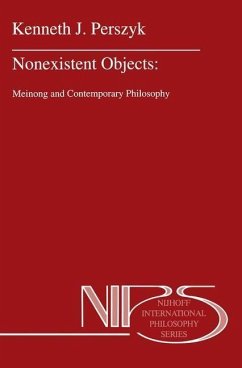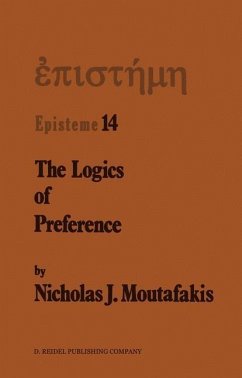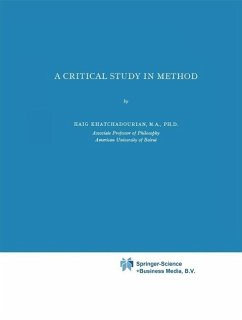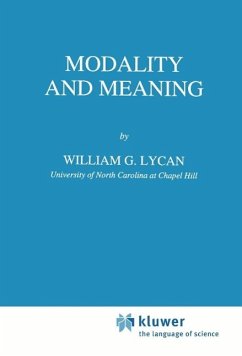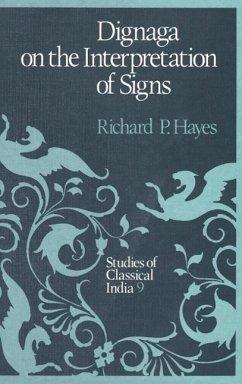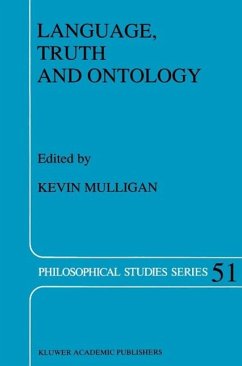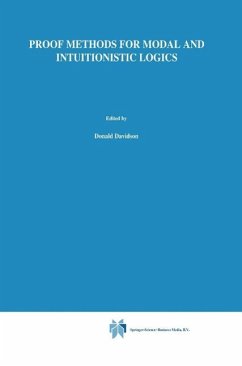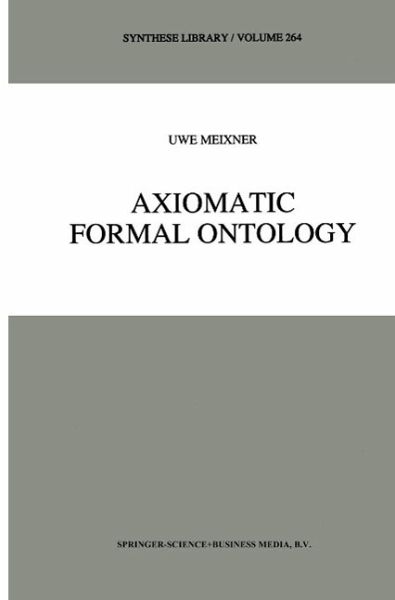
Axiomatic Formal Ontology (eBook, PDF)
Versandkostenfrei!
Sofort per Download lieferbar
112,95 €
inkl. MwSt.
Weitere Ausgaben:

PAYBACK Punkte
56 °P sammeln!
Axiomatic Formal Ontology is a fairly comprehensive systematic treatise on general metaphysics. The axiomatic method is applied throughout the book. Its main theme is the construction of a general non-set-theoretical theory of intensional entities. Other important matters discussed are the metaphysics of modality, the nature of actual existence, mereology and the taxonomy of entities.
Dieser Download kann aus rechtlichen Gründen nur mit Rechnungsadresse in A, B, BG, CY, CZ, D, DK, EW, E, FIN, F, GR, HR, H, IRL, I, LT, L, LR, M, NL, PL, P, R, S, SLO, SK ausgeliefert werden.



